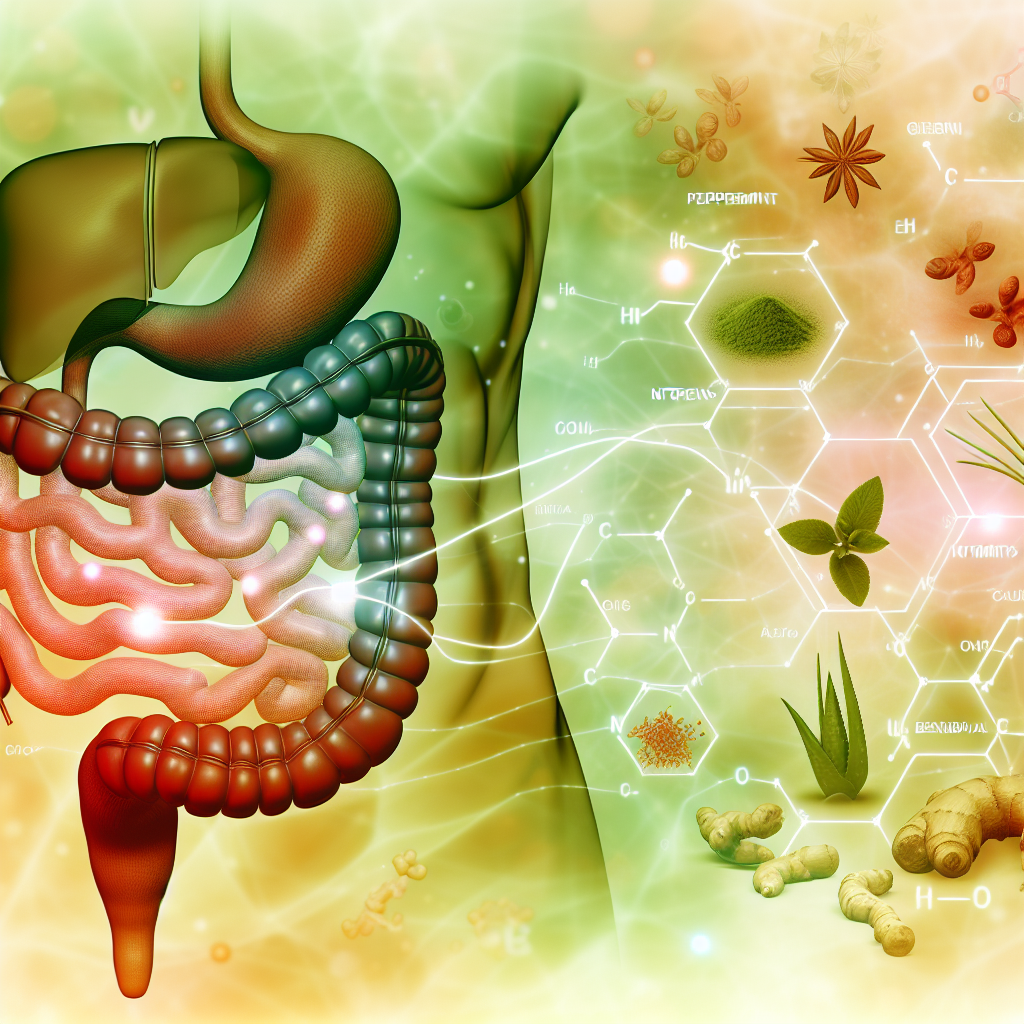# Using a Low-Histamine Diet for Gut Inflammation: Complete Starter Guide
Introduction: Why Gut Health and Histamine Are Deeply Connected
Digestive disorders like leaky gut, irritable bowel syndrome (IBS), and inflammatory bowel disease (IBD) have become increasingly common, leaving many people searching for natural solutions to heal and support their gut health. Among the many dietary approaches available, the low-histamine diet has emerged as a promising strategy for those battling gut inflammation.
Histamine is a naturally occurring compound that plays an essential role in immune responses, regulates stomach acid, and helps communicate messages within the brain. Normally, the body breaks down histamine efficiently with the help of specific enzymes, mainly diamine oxidase (DAO) and histamine N-methyltransferase (HNMT). However, for some individuals, problems arise when there is an excess of histamine in the body either due to overproduction or a failure of these enzymes to metabolize it properly. This condition, commonly referred to as histamine intolerance, can cause a range of symptoms such as bloating, diarrhea, abdominal pain, and other inflammatory reactions within the gut.
Recent research suggests that individuals with chronic gut issues may also experience impaired histamine breakdown, exacerbating their symptoms. Highly processed foods, gut infections, and imbalances within the microbiome can all contribute to elevated histamine levels in the gut. For such individuals, dietary changes aimed at minimizing histamine intake can significantly reduce inflammation, support gut healing, and improve overall health outcomes.
A low-histamine diet involves eliminating or drastically reducing the intake of high-histamine foods such as aged cheeses, fermented foods, alcohol, cured meats, and certain fish species. Instead, it emphasizes fresh, minimally processed foods which are less likely to contribute to histamine overload.
While following a low-histamine diet is not a cure-all, it can serve as a valuable part of a holistic approach to gut inflammation, especially when combined with nutrient-dense eating, stress management, and specific healing supplements like probiotics and DAO boosters. For individuals struggling with persistent gut-related symptoms, embracing a low-histamine diet may offer much-needed relief and pave the way for long-term gut health restoration.
Features: What Science Says About Histamine and Gut Health
Emerging scientific research has started to focus on the relationship between histamine levels and gastrointestinal health, providing a more grounded foundation for the low-histamine dietary approach.
A 2021 review published in *Nutrients* stated that histamine intolerance is linked to an imbalance between histamine intake and the capacity to degrade it, often due to the reduced activity of DAO, the primary enzyme responsible for breaking down histamine within the small intestine ([Nutrients, 2021](https://www.ncbi.nlm.nih.gov/pmc/articles/PMC8401912/)). Researchers observed that individuals with intestinal disorders like irritable bowel syndrome and inflammatory bowel disease often show lower levels of DAO activity, suggesting an underlying connection between gut inflammation and histamine accumulation.
Another study conducted by Maintz and Novak (2007) highlighted how histamine intolerance can manifest predominantly with gastrointestinal symptoms, including bloating, cramping, diarrhea, and even nausea. These findings further validate the necessity of addressing dietary histamine levels when dealing with unexplained or chronic gut inflammation ([American Journal of Clinical Nutrition, 2007](https://academic.oup.com/ajcn/article/85/5/1185/4632952)).
Furthermore, a small pilot study in 2018 investigated the impact of a histamine-free diet on patients with chronic urticaria (hives) and associated gastrointestinal symptoms. The study, published in *Clinical and Translational Allergy*, demonstrated significant symptom improvement after following a low-histamine diet for four weeks, emphasizing its therapeutic potential not just for skin disorders but for gut-related symptoms as well ([Clinical and Translational Allergy, 2018](https://ctajournal.biomedcentral.com/articles/10.1186/s13601-018-0205-5)).
Additionally, researchers are exploring how dysbiosis — an imbalance in the gut microbiota — may influence histamine production. Certain bacterial species, including some strains of *Lactobacillus*, can produce histamine, potentially worsening symptoms in sensitive individuals ([Frontiers in Immunology, 2021](https://www.frontiersin.org/articles/10.3389/fimmu.2021.703797/full)). This connection underscores the importance of selecting the right probiotic strains when supplementing and tailoring a gut-supportive approach to histamine intolerance.
While comprehensive, large-scale clinical trials are still limited, current studies provide compelling evidence that managing dietary histamine intake may be a beneficial therapeutic strategy for individuals suffering from gut inflammation, unexplained gastrointestinal distress, and histamine-related conditions.
Conclusion: How a Low-Histamine Diet Can Be a Game-Changer for Gut Inflammation
Adopting a low-histamine diet can be a game-changer for those struggling with persistent gut inflammation and related symptoms. By targeting an often-overlooked trigger, individuals can reduce inflammatory responses, support healing of the gut lining, and improve overall digestive health. Although dietary adjustments can seem overwhelming initially, focusing on fresh, low-histamine foods and consulting with a healthcare provider or nutrition specialist familiar with histamine intolerance can dramatically ease the transition.
In our journey toward optimal gut health, recognizing and addressing histamine sensitivity could be the missing piece of the puzzle.
**Summary**
A low-histamine diet can be a powerful tool for reducing gut inflammation and supporting overall digestive health. By eliminating high-histamine foods and focusing on fresh, minimally processed options, individuals with chronic gut issues can experience significant symptom relief and improved gut function. This dietary approach, combined with other gut-healing strategies, can be a game-changer for those seeking natural solutions to persistent digestive problems.
**References**
– [Nutrients. (2021). Histamine Intolerance—The More We Know the Less We Know](https://www.ncbi.nlm.nih.gov/pmc/articles/PMC8401912/)
– [Maintz, L., & Novak, N. (2007). Histamine and histamine intolerance](https://academic.oup.com/ajcn/article/85/5/1185/4632952)
– [Clinical and Translational Allergy. (2018). Low-histamine diet in chronic spontaneous urticaria: A pilot study](https://ctajournal.biomedcentral.com/articles/10.1186/s13601-018-0205-5)
– [Frontiers in Immunology. (2021). Histamine-secreting microbes in dysbiosis and immune modulation](https://www.frontiersin.org/articles/10.3389/fimmu.2021.703797/full)

Dominic E. is a passionate filmmaker navigating the exciting intersection of art and science. By day, he delves into the complexities of the human body as a full-time medical writer, meticulously translating intricate medical concepts into accessible and engaging narratives. By night, he explores the boundless realm of cinematic storytelling, crafting narratives that evoke emotion and challenge perspectives.
Film Student and Full-time Medical Writer for ContentVendor.com



